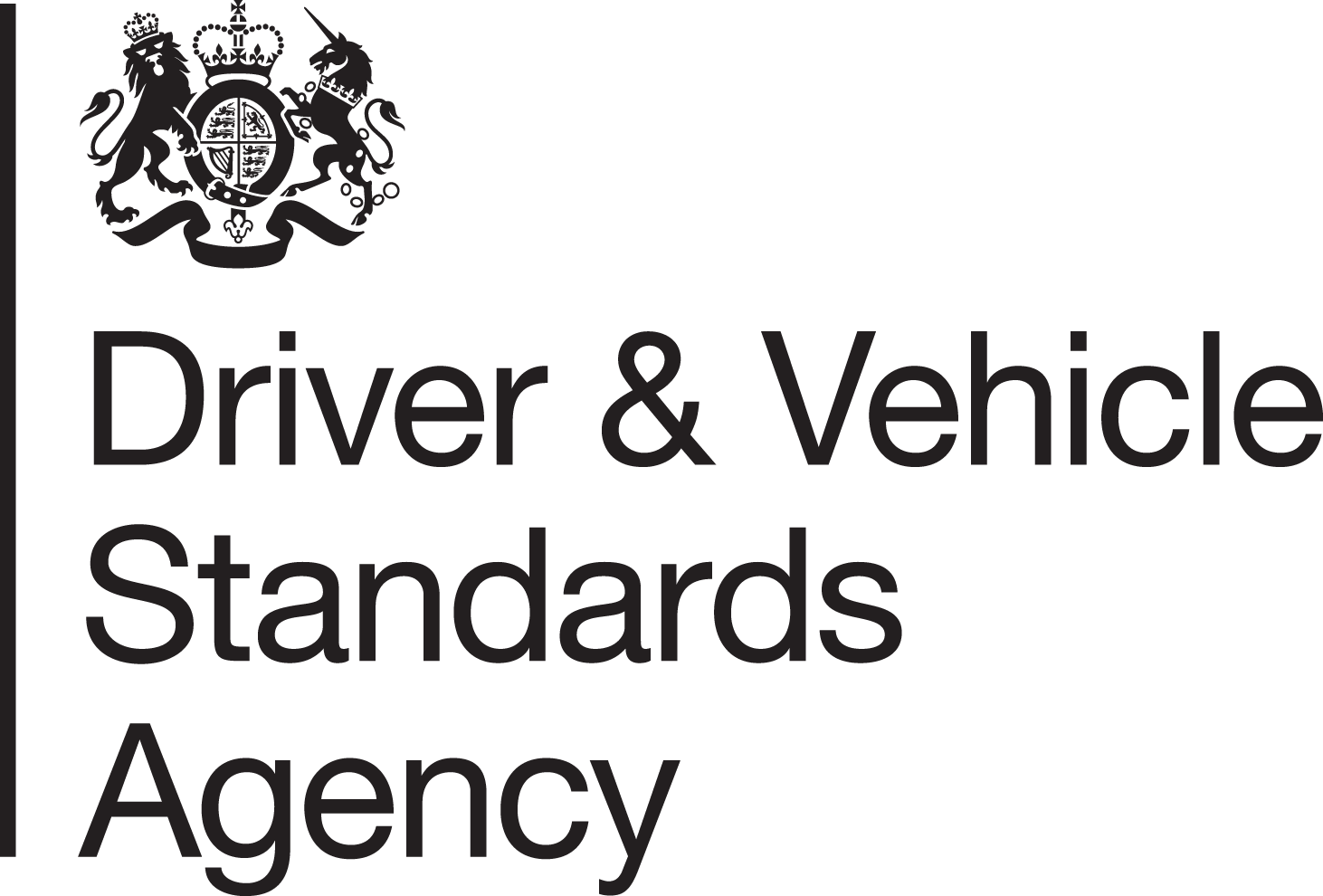Description
Explain the scale of the air quality and climate change issues that are challenging cities.
• Describe measures taken by cities to improve air quality,including LEZ’s and London’s ULEZ.
• List the road transport programmes aiming to reduce emissions from buses, taxis and private hire vehicles.
• Explain the contribution that commercial vehicles make to poor air quality, in relation to other vehicle types.
• List the principal emissions from the tailpipe and other sources (eg brakes, tyres and ancillary equipment)
• Describe the links between fuel consumption, driver behaviour and financial, environmental and social costs.
• Explain the business viability, job security, cost of living, and personal benefits of fuel-efficient driving.
• Explain how proactive vehicle maintenance, fuel consumption and emissions are linked.
• Describe the role daily and weekly vehicle checks play in reducing fuel consumption and emissions.
• Explain the extent to which wheel alignment and tyre pressure impact fuel consumption.
• Define good practice loading and describe the impact of unnecessary load and equipment.
• Outline the fuel efficiency and journey time implications of congestion, roadworks and local restrictions.
• Apply Drivers’ Hours and Working Time rules effectively to improve fuel efficiency and journey time.
• List and describe the information, tools and systems that can be used for effective journey planning.
• Plan a multi-stop route in the most fuel-efficient way.
• List the typical organisational policy requirements on pre-journey checks, efficient driving and anti-idling.
•Explain fuel-efficient driving techniques such as anticipation and appropriate use of gears.
•Describe the impact of unnecessary engine idling and state when to switch off an engine and the benefits of doing so.
•Identify the primary dashboard warning lights associated with an increase in unnecessary emissions (eg DPF or tyre pressure systems) and take appropriate action.
•List the methods a fleet operator would typically use to monitor, measure and analyse driver performance.
•Outline how to best use in-vehicle technology and other methods to provide accurate data and feedback on driving performance.
•Identify typical incentives that fleet operators use to encourage and reward efficient driving performance.
•List the ways an organisation can give you feedback on driving and help improve performance.
•List the main fuel and technologies that are expected to displace use of petrol and diesel engines.
•Outline the definition and overview for each alternative fuels and their benefits for drivers, operators and society.
•Explain the benefits and limitations of alternative fuels with regard to performance, cost and fuel availability.
•Describe the barriers to move from conventional vehicles to more sustainable cleaner fuelled vehicles.
Subject Areas
- Vehicle Systems (Transmission)
- Vehicle Systems (Safety)
- Safe and Fuel Efficient Driving
- Professional Driver & Company Issues
